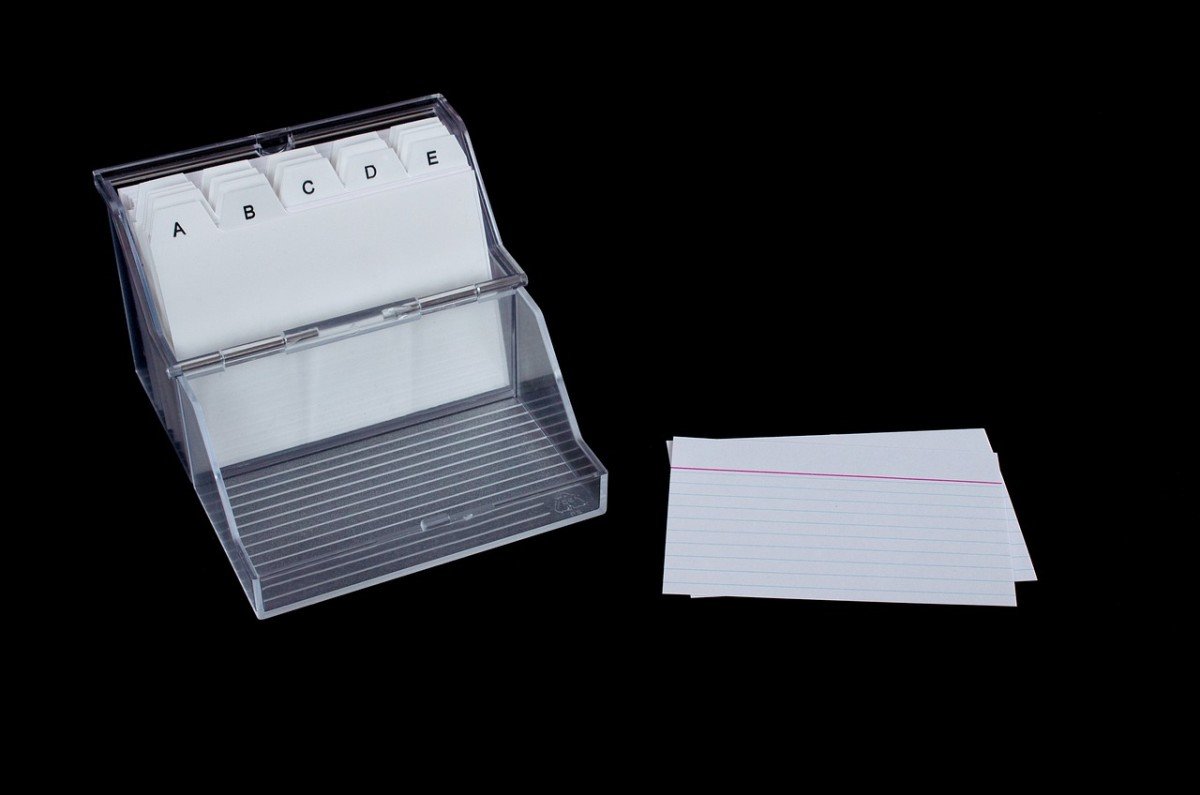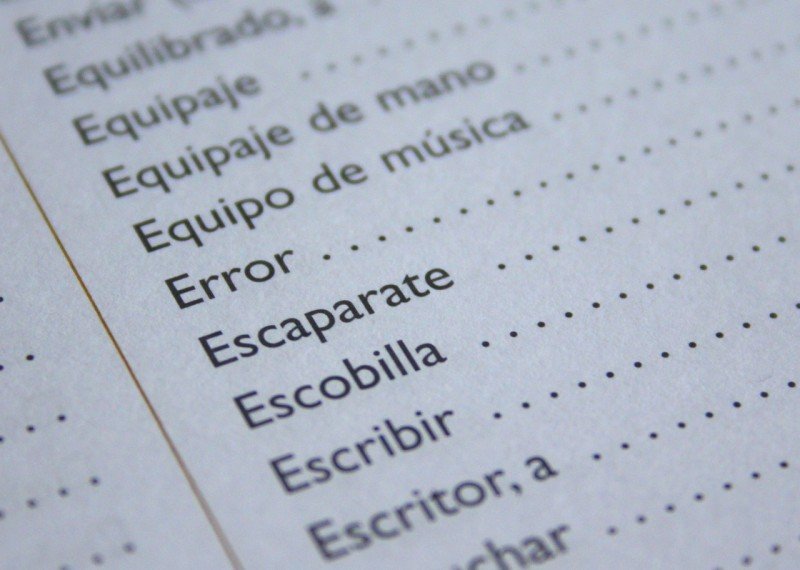These basic words will come in handy in everyday conversations and interactions with native Spanish speakers. Practice using them in context to improve your fluency and confidence in speaking Spanish. Flashcards can help you memorize these words quickly and effectively.
In addition to these common words, make sure to also learn basic Spanish phrases and expressions to expand your vocabulary. The more words you know, the easier it will be to communicate in Spanish. With regular practice and repetition using flashcards, you'll be on your way to mastering the Spanish language in no time.
Essential Grammar Rules
Learning Spanish can be a rewarding experience, and using flashcards is a popular and effective way to master the language quickly. However, in order to make the most of your flashcard learning experience, it's important to follow some essential grammar rules. By paying attention to these rules, you can improve your Spanish skills and become fluent in no time!
1. Use correct verb conjugations: Verbs are a crucial part of Spanish grammar, and correctly conjugating them is essential for clear communication. Make sure to pay attention to verb tenses, such as present, past, and future, and practice conjugating regular and irregular verbs to build a strong foundation.
2. Understand gender and number agreement: In Spanish, nouns have gender (masculine or feminine) and number (singular or plural). Make sure to match articles, adjectives, and other descriptors with the correct gender and number to avoid grammatical errors.
3. Learn proper punctuation: Punctuation marks in Spanish are similar to English, but there are some differences to keep in mind. Pay attention to accents, question marks, and exclamation points, as they can change the meaning of a sentence. Practice using correct punctuation to improve your writing and speaking skills.
Useful Phrases for Conversations
Learning Spanish can be a fun and rewarding experience, especially when you have a handful of useful phrases up your sleeve for conversations. These phrases can help you navigate through everyday interactions and make connections with native speakers.
Begin your conversation with a simple "Hola, ¿cómo estás?" which means "Hello, how are you?" This is a great way to start off a conversation and show that you are friendly and interested in the other person's well-being. You can follow up with "¿Cómo te llamas?" meaning "What is your name?" to further personalize the conversation.
If you need to ask for directions or help, you can say "¿Dónde está...?" meaning "Where is...?" This phrase will come in handy when trying to find a specific location or place. To express gratitude, you can use "Gracias" for "Thank you" and "Por favor" for "Please." These polite phrases can go a long way in making a good impression.
Practice these phrases regularly with flashcards to boost your confidence in conversations and improve your Spanish language skills. Remember, the more you use these phrases, the more comfortable you will become in speaking Spanish with others. ¡Buena suerte! (Good luck!)
Tips for Effective Flashcard Learning
Flashcards are a powerful tool for learning a new language like Spanish. Here are some tips to make the most out of your flashcard study sessions:
1. Be consistent: Set aside regular study sessions each day to review your flashcards. Consistency is key when it comes to language learning.
2. Focus on key words and phrases: Instead of trying to memorize every single word in your textbook, focus on key vocabulary words and phrases that will help you hold basic conversations in Spanish.
3. Use images: Visual aids can help you associate words with their meanings more effectively. Try adding pictures to your flashcards to help you remember vocabulary better.



